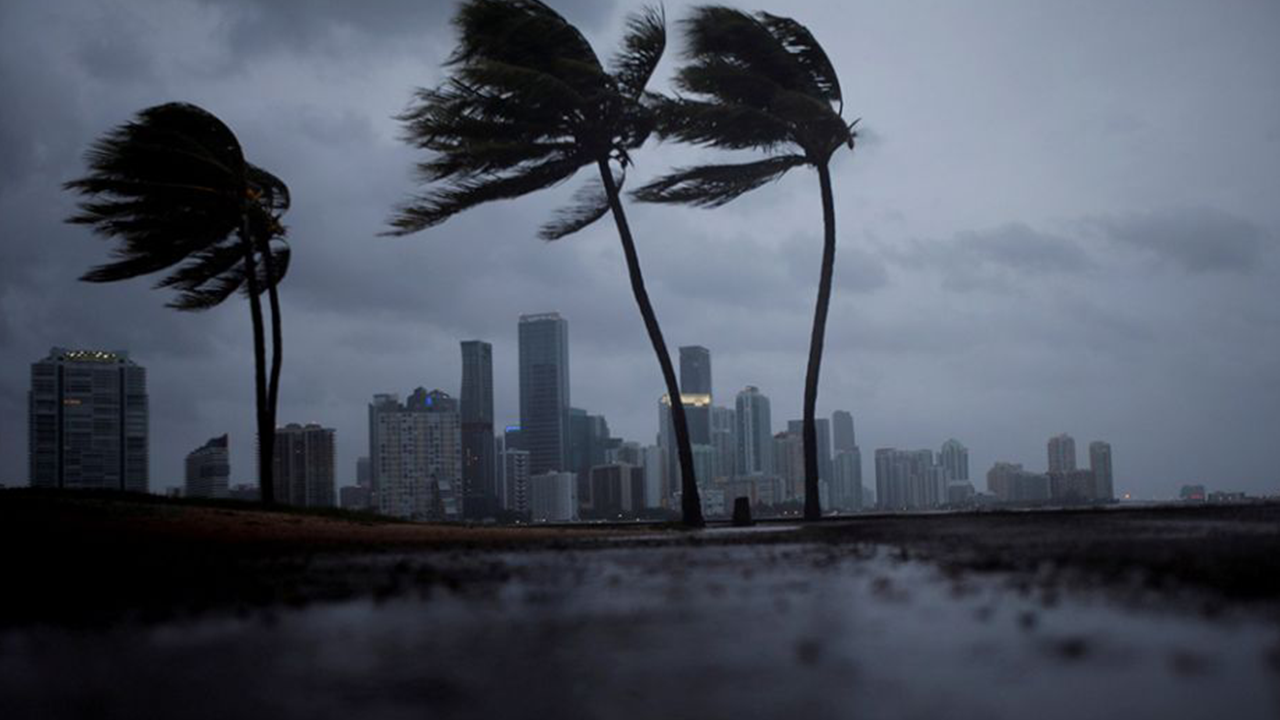Climate change is a deep-rooted public health threat which introduced a change in the global or regional climate pattern a few years ago. The severity of climate change is triggered by global warming resulting in extreme changes in weather patterns including unbearable heat and cold, unpredicted rains, rise in sea levels and air pollution. The risk of climate change is interconnected with socio-economic dimensions of individual health and it incorporates the quality of the air we breathe, quality of water we drink, quality of food we eat and finally the quality of the environment we live in. The people who live in low-middle income countries are most vulnerable to climate change, where they experience improper infrastructures in living circumstances. Climate change and global warming are urban phenomena. Urbanization accounts for 70% of the greenhouse effect globally. The Intergovernmental Panel on Climate Change (IPCC) has expressed that to hinder catastrophic health impacts and prevent millions of climate change-related deaths, the world must limit temperature rise to 1.5°C but past emissions are already crossed the safest levels. The IPCC panel even consider 1.5°C not safe. According to WHO, over 930 million people – around 12% of the world’s population – spend at least 10% of their household budget to pay for health care. With the poorest people largely uninsured, health shocks and stresses already currently push around 100 million people into poverty every year, with the impacts of climate change worsening this trend. Unpredicted or unexpected climate changes are intense to natural disasters such as floods, hurricanes, winter storms and droughts that eradicate the entire growth and development of the country or a specific region.
The health hazards triggered by climate change:
Climate change poses a greater impact on human health and well-being. The peaked emission of greenhouse gases namely, carbon dioxide, methane and nitrous oxide produces excessive heat causing the greenhouse effect. Climate change can be related to slow poisoning, where the destruction of the entire ecosystem is possible. Climate change triggers various health hazards globally, specifically on vulnerable groups consisting of children, the elderly population, pregnant women, outside workers, daily wage workers and physically or mentally challenged people.
Since it is influencing the determinants of health, various health impacts such as injury and mortality from extreme weather events, respiratory illness, water-borne diseases, vector-borne diseases, zoonotic disease transmission, dehydration and psychological disorders are spotted. Poor access to safe drinking water kills 2.2 million people globally. Climate change is favouring the transmission and breeding of vector-borne diseases such as Malaria, Chikungunya, filariasis and Japanese encephalitis. Another negative impact of climate change is contaminated foods which result in malnutrition and food poisoning. The air pollutants containing PM2.5 worsen the onset of asthma attacks and chronic lung diseases.
The extreme weather patterns aggravate the prevalence of diseases globally generating the hike in percentages of DALY and QALY that expedites the obstructions in treatment and prevention strategies, and strikes the entire healthcare delivery units, especially in low middle income countries. Distracted environmental events and compromised quality of lifestyle provoke the mental well-being of individuals resulting in stress, tension, anxiety, depression etc. The world health organization says, between 2030 – 2050 climate change is expected to cause 2,50,000 additional deaths per year, from malnutrition, malaria, diarrhoea and heat crisis. India witnessed 39 heat wave deaths in different regions in the country in 2022.
Prevention strategies to lower the risk of climate change:
The impacts of climate change may vary based on the demography of the region or country where the exposure and adaption to climate change are different. The Regions that support public transportation, maintaining greenery, and use of conventional energies experience less exposure to climate change than regions who do not concern about it. Climate change is a long-term phenomenon enhanced by human activities. The risk reduction of climate change includes getting more access to public transportations that assist to lowers the emission of greenhouse gases, encouraging planting more trees, uses of non-conventional energies over conventional energies and recycling materials to promote environmental sustainability. Establishing early symptoms as a warning of climate change, and policy implementations are a few prevention strategies against climate change. Hence the bonding between climate change and health outcomes is complex, essential steps are needed to be taken by the government and individuals.
Dr. Nitha Jacob is Assistant Lecturer and MPH Programme Co-ordinator at the Edward & Cynthia Institute of Public Health at Mangalore.
-
Dr Nitha Jacobhttps://eciph.in/author/nitha/
-
Dr Nitha Jacobhttps://eciph.in/author/nitha/
-
Dr Nitha Jacobhttps://eciph.in/author/nitha/
-
Dr Nitha Jacobhttps://eciph.in/author/nitha/





